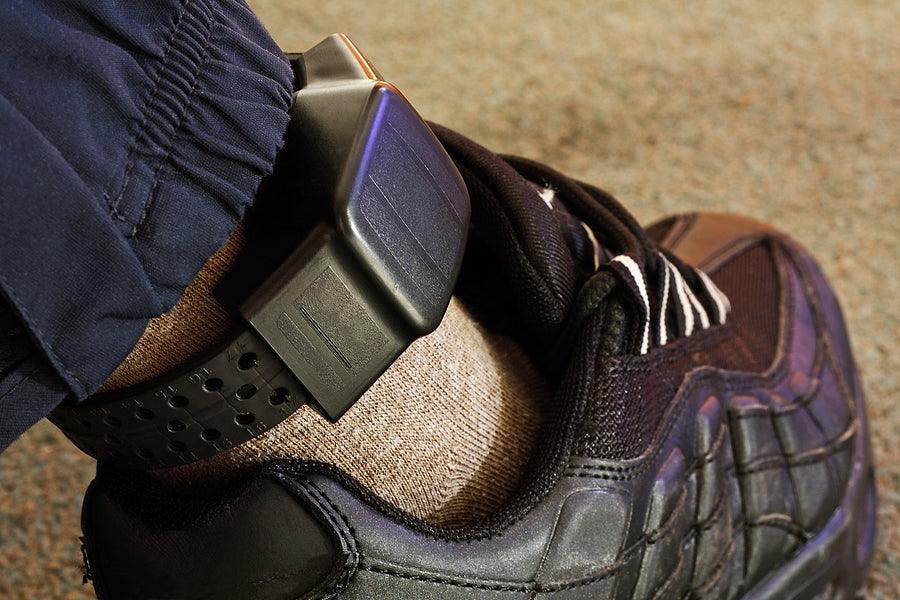
Most of us can be a bit more reckless when we’ve had a drink or two, which is why alcohol is thought to be involved in as much as 39 per cent of violent criminal acts. To tackle this, the government has introduced sobriety tags, intended to cut booze-fuelled crimes and encourage repeat offenders to break their drinking habits.
This is separate to the government’s £148 million package to cut down on drug-related offences, which it recently revealed. It also wants to address common problems among offenders, including addiction, mental health issues and homelessness.
The tag scheme was first launched in Wales last October as a trial, and more than 100 offenders have been fitted with the device. It works by taking samples of their sweat every half an hour and testing their alcohol levels, alerting probation officers if there is any booze in their system.
According to the latest data on the initiative, it has been successful, with wearers staying off the sauce more than 95 per cent of the time.
As well as cutting down the number of drink-related crimes, it has also been credited with changing the bad habits of many offenders.
MP Kit Malthouse, minister for crime and policing, said: “These tags have already brought enormous benefit to Wales since they were introduced in October, with one offender I met saying it not only changed his ways but also saved his life.”
Now the programme proved successful in Wales, it will be rolled out across England in hopes it will have the same positive impact there too, deterring repeat offenders from going back to a world of crime and boosting their overall wellbeing.
Probation officer Laura Harrison said it has been effective in “improving their mental health, keeping them off drink and out of trouble with the police”.
Criminals who think they can get away with having a few drinks without the tag picking up on it will be disappointed, as they keep working all day and all night, and also alert the probation service if something is put in between the tag and the skin to block contact.
The plan is for 12,000 people to be fitted with the tag over the next three years, with those who break the condition facing more time behind bars.
Deputy prime minister Dominic Raab recently commented on the programme, with the Justice Secretary saying: “Offenders now have a clear choice. If they don’t work with probation staff to curb their drinking and change their ways, they face being sent back to jail.”
Being made to be sober has its benefits though. For a start, it can open people up to the world of tasty non-alcoholic beers, which they might not have tried before.
Drinkers will also be able to avoid nasty hangovers, which nobody enjoys; improve their health, sleep, skin, and immune system; and find they have more energy than before.
Let’s not forget that booze can be expensive, so by ditching alcoholic drinks, there is a lot of money to be saved.
